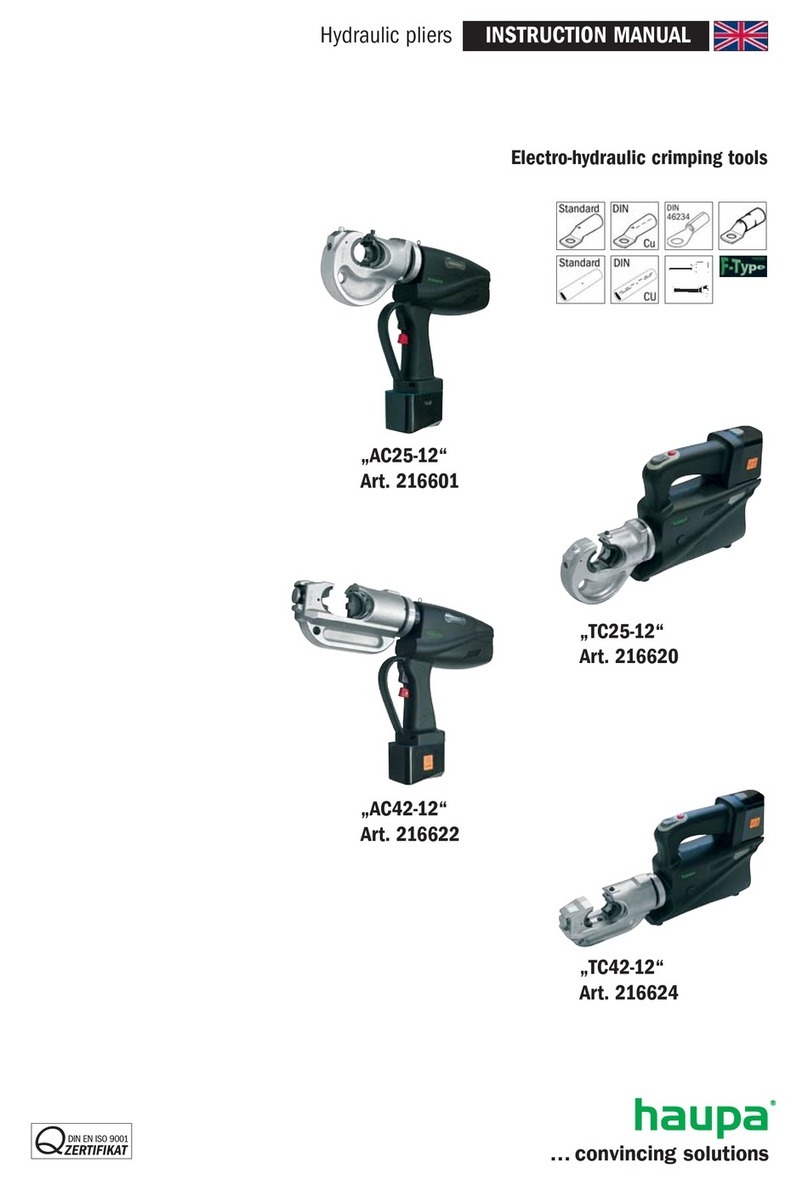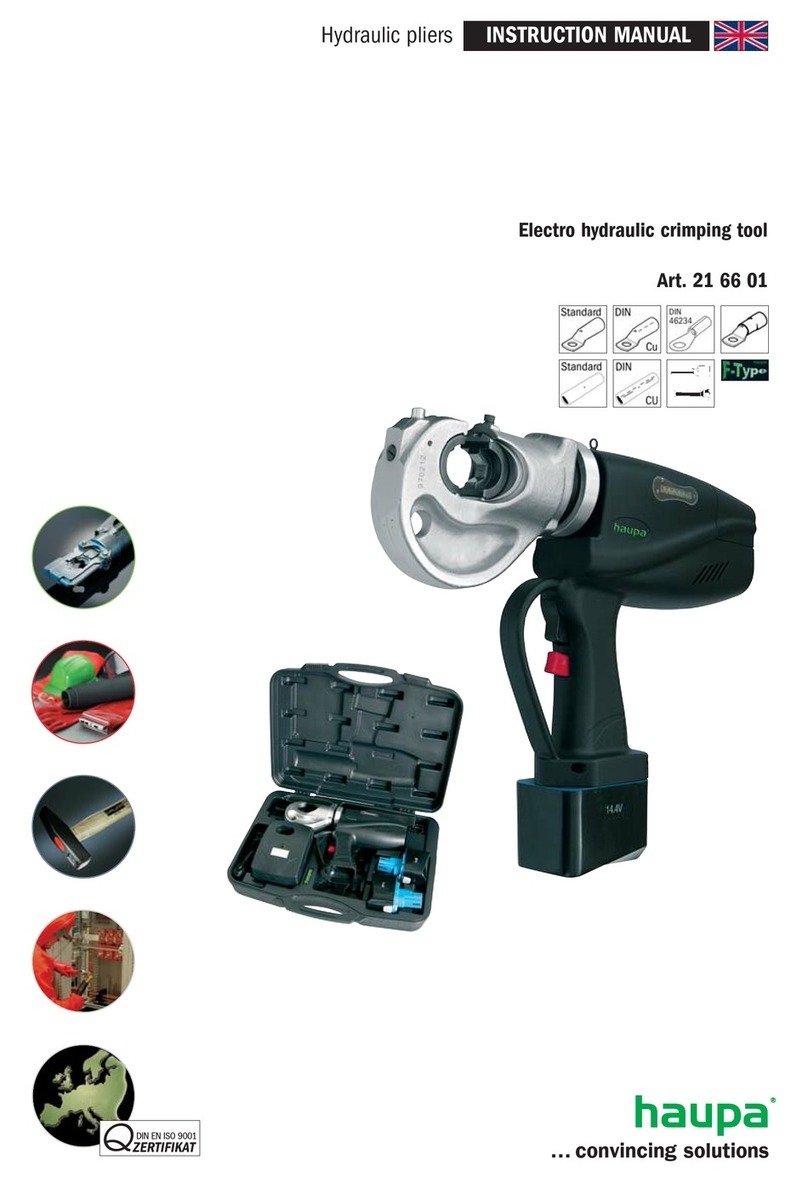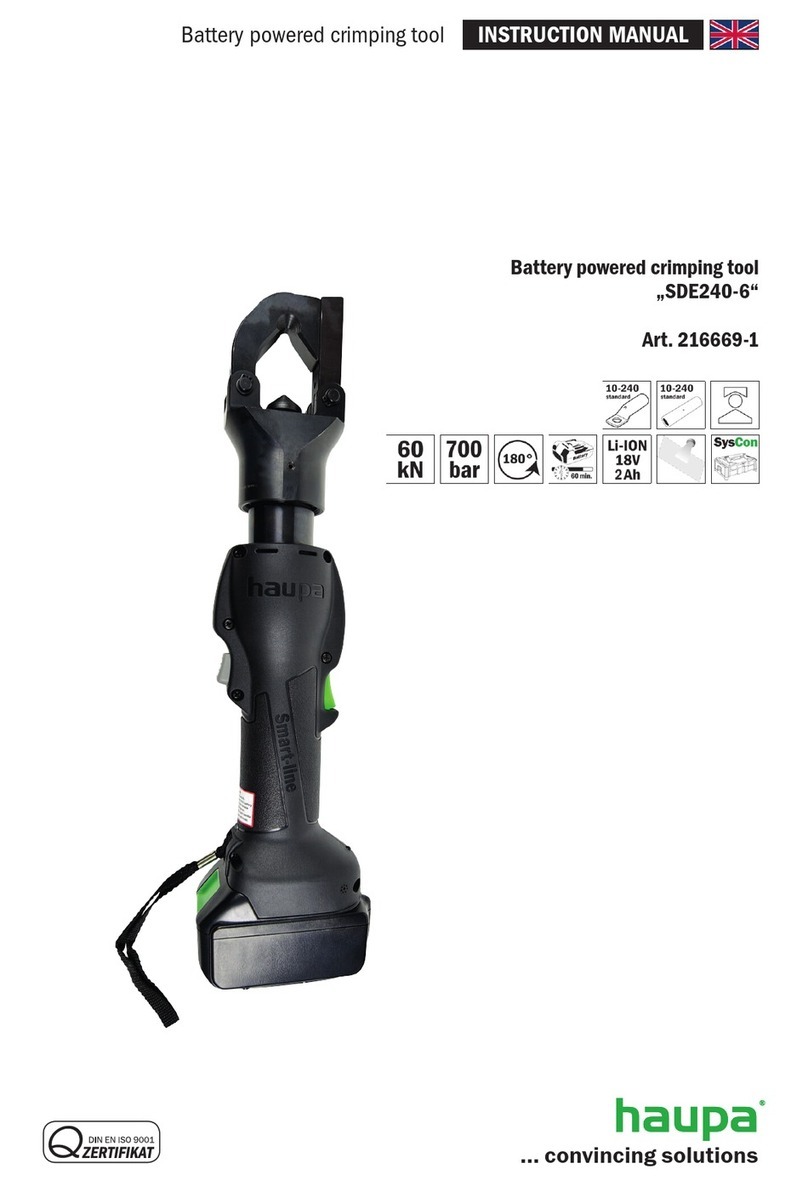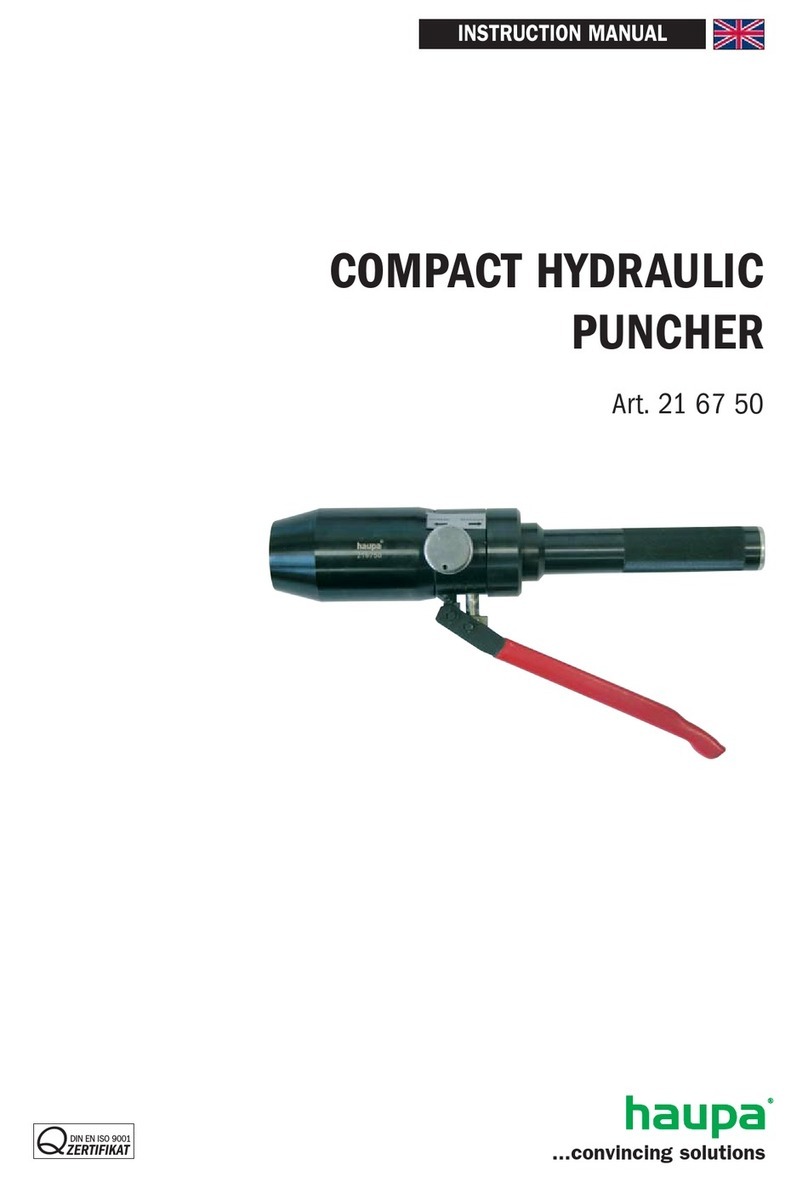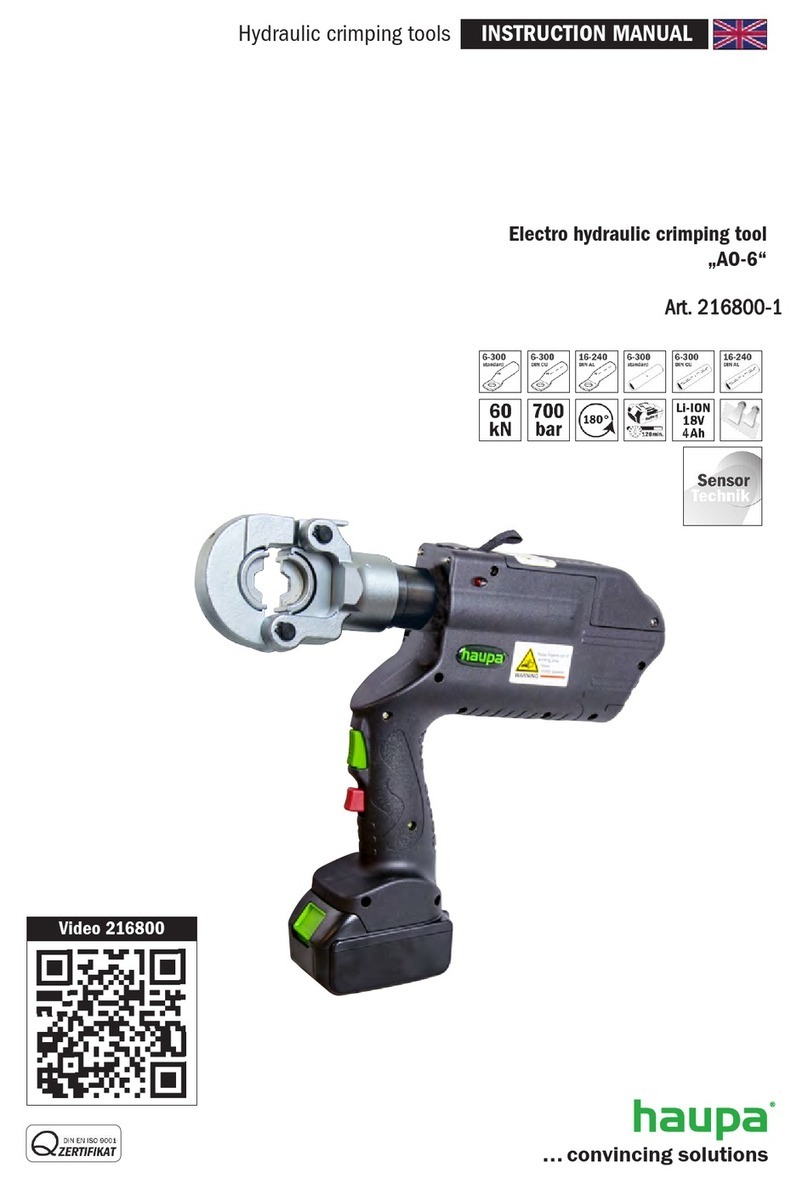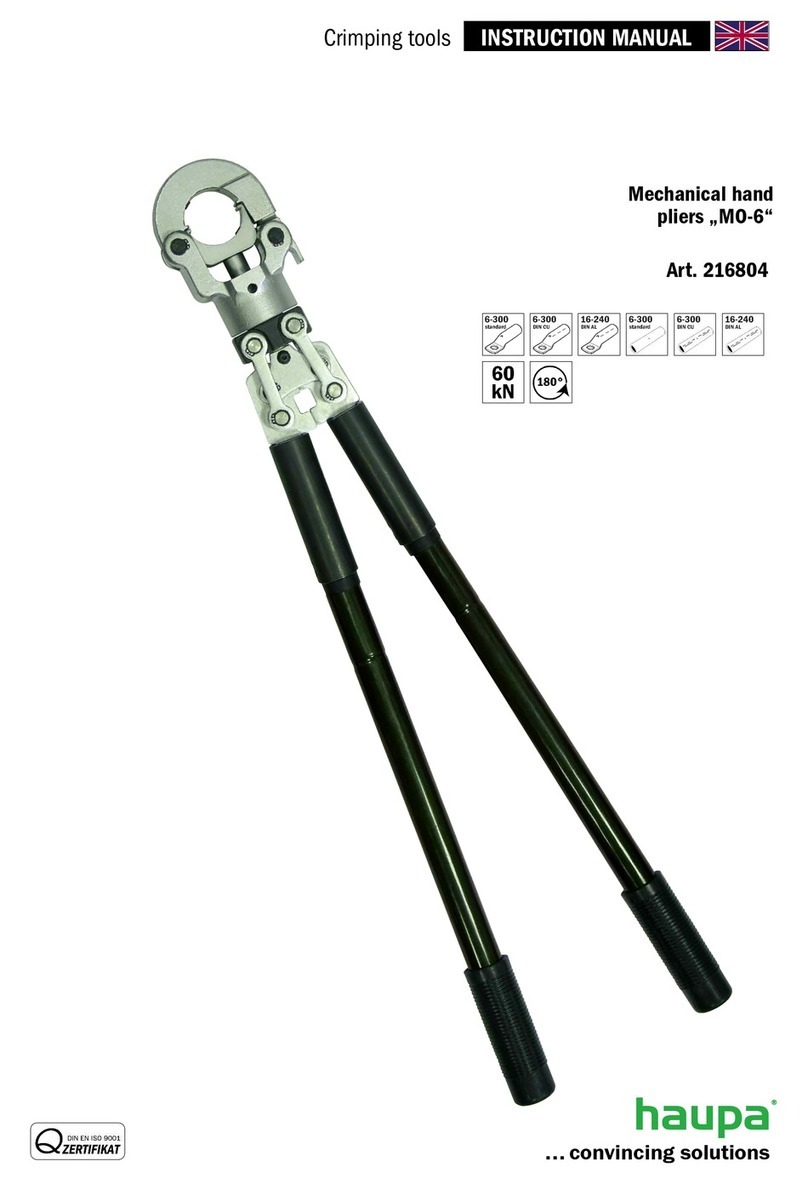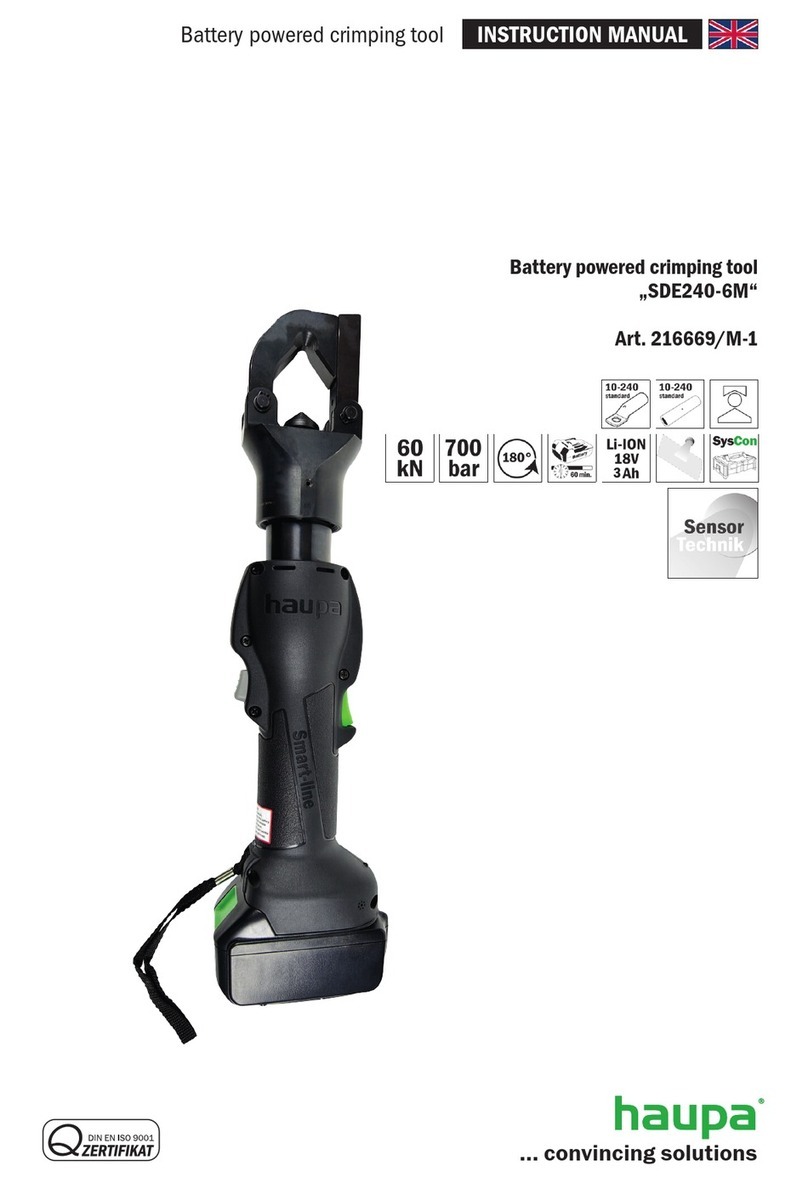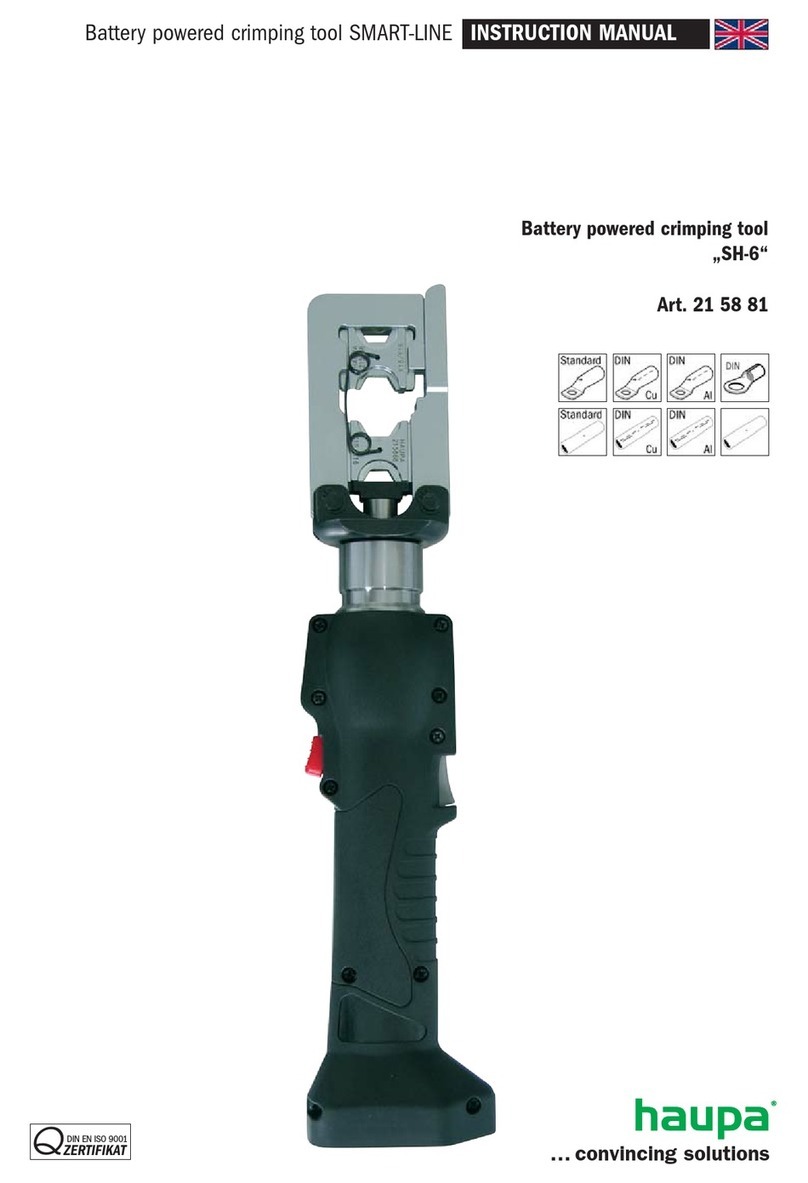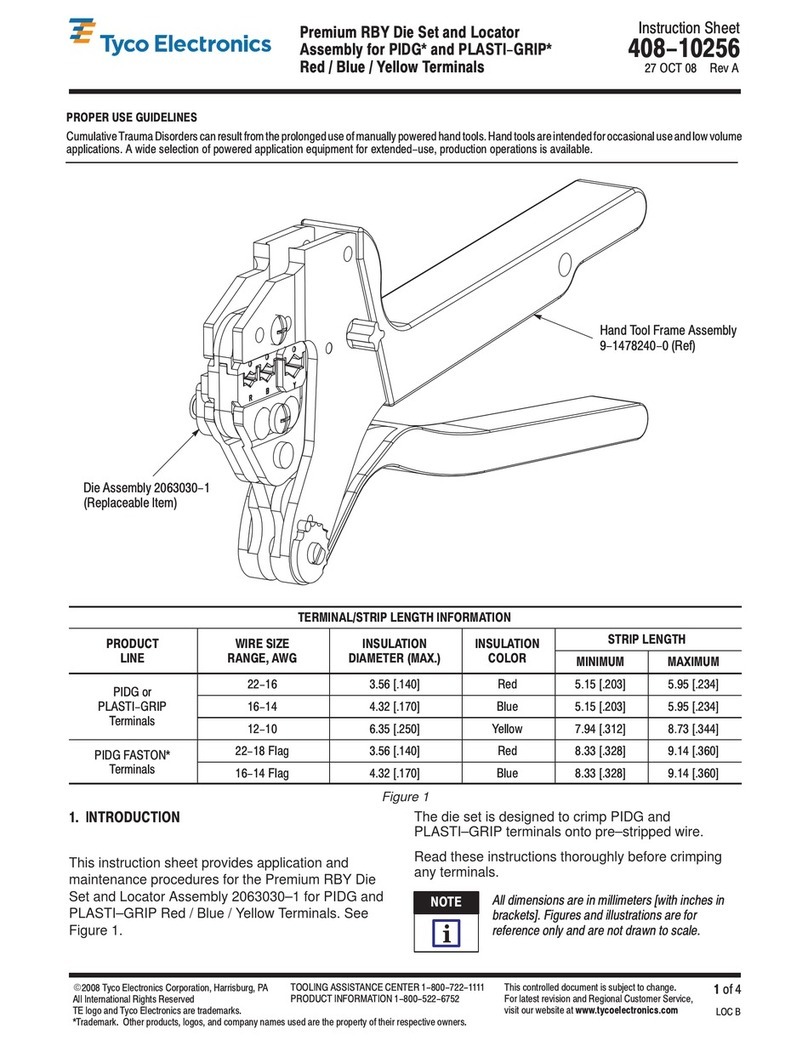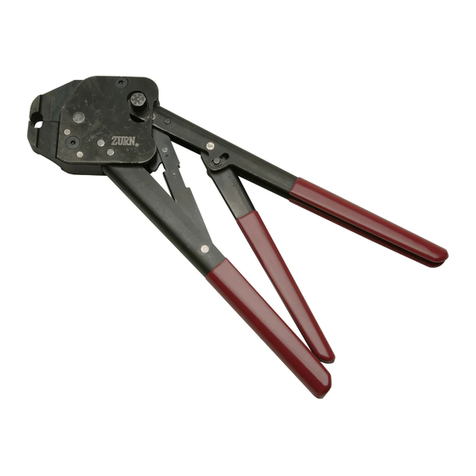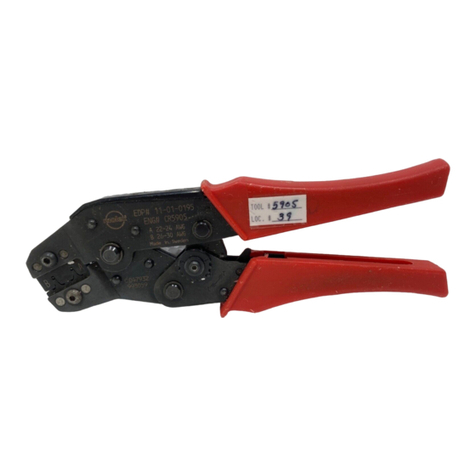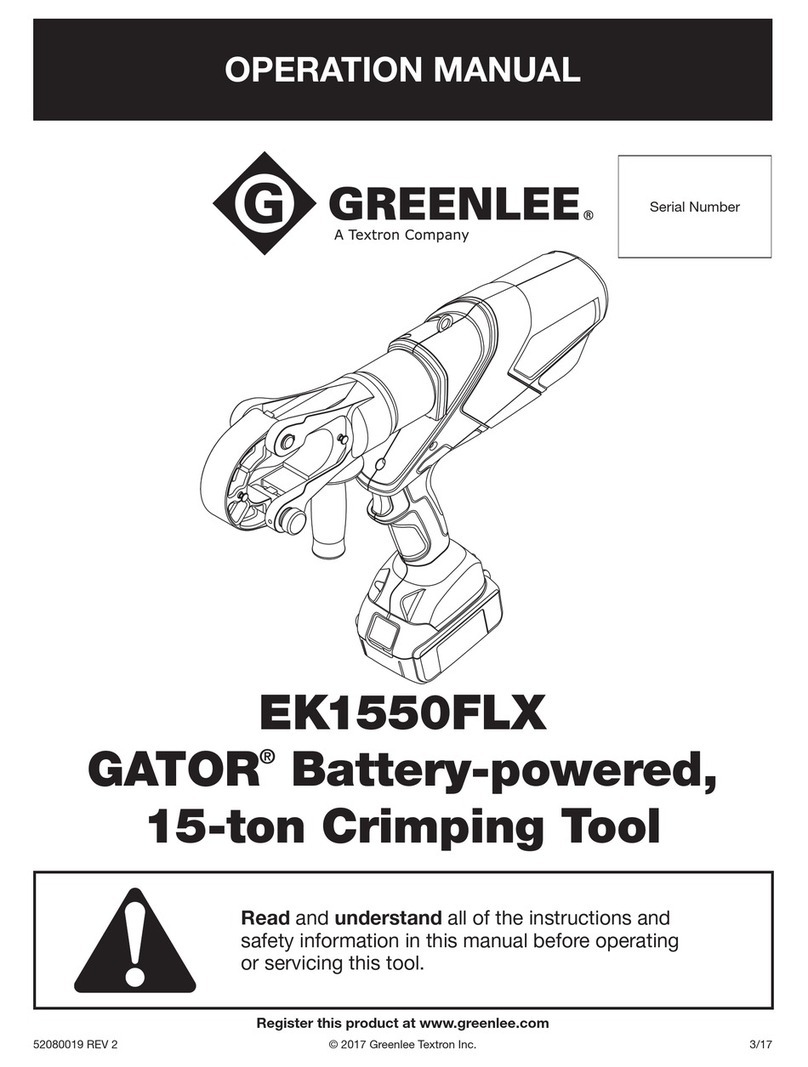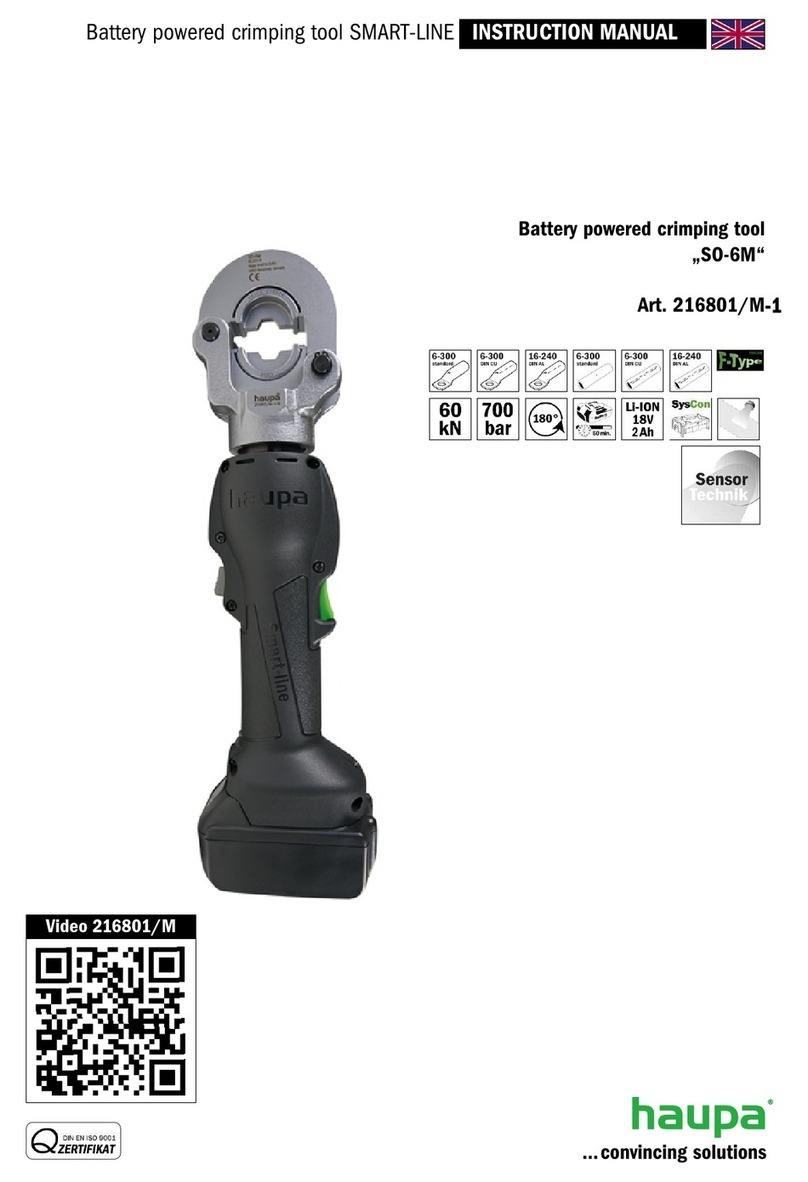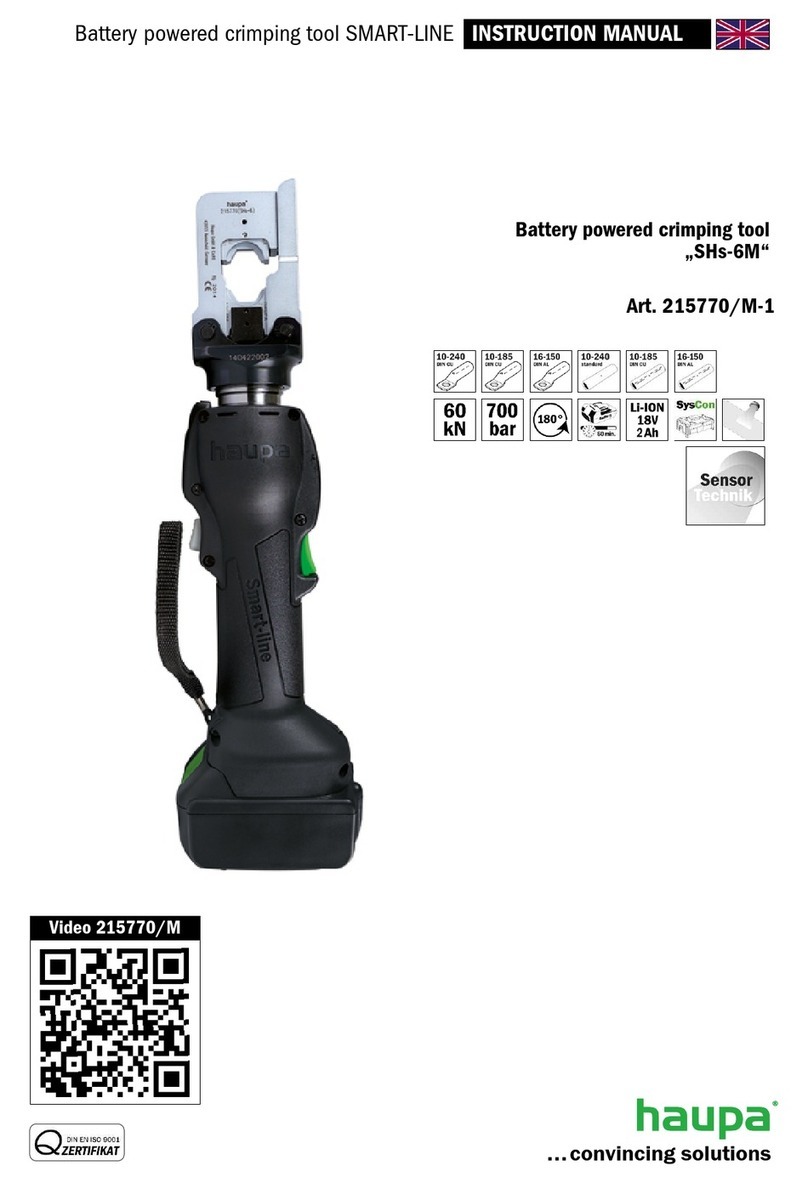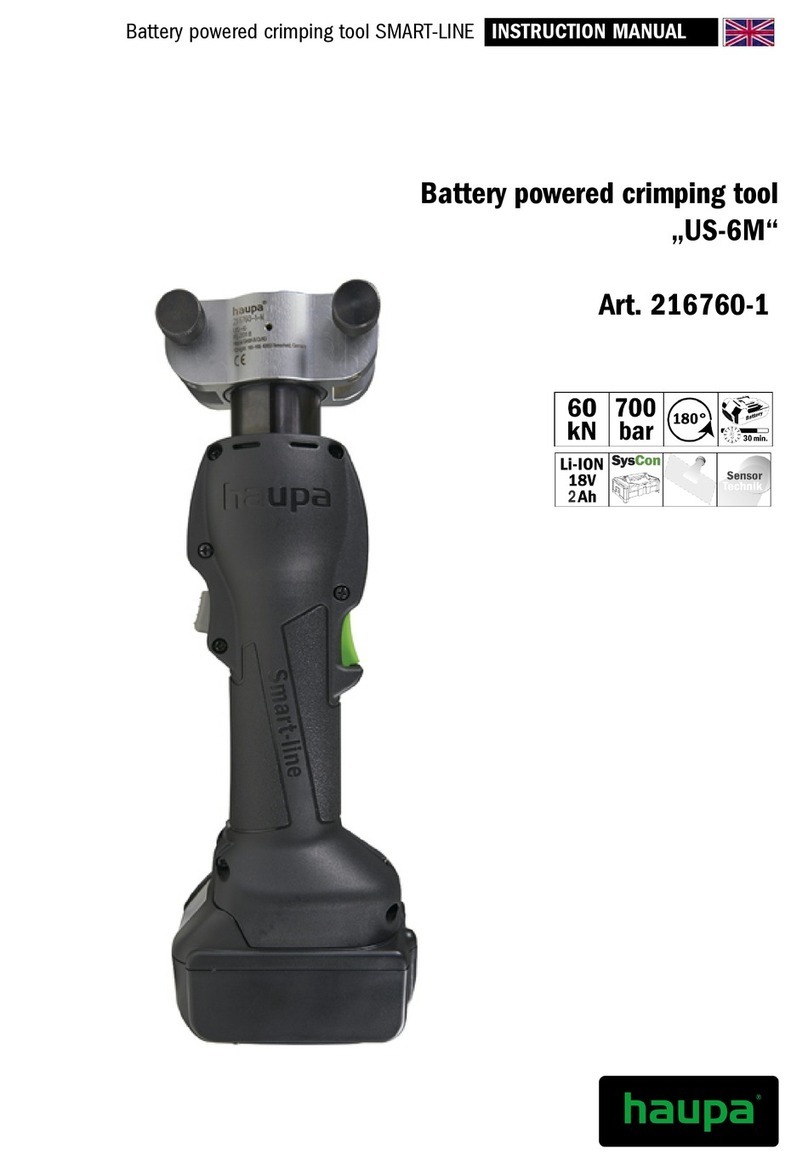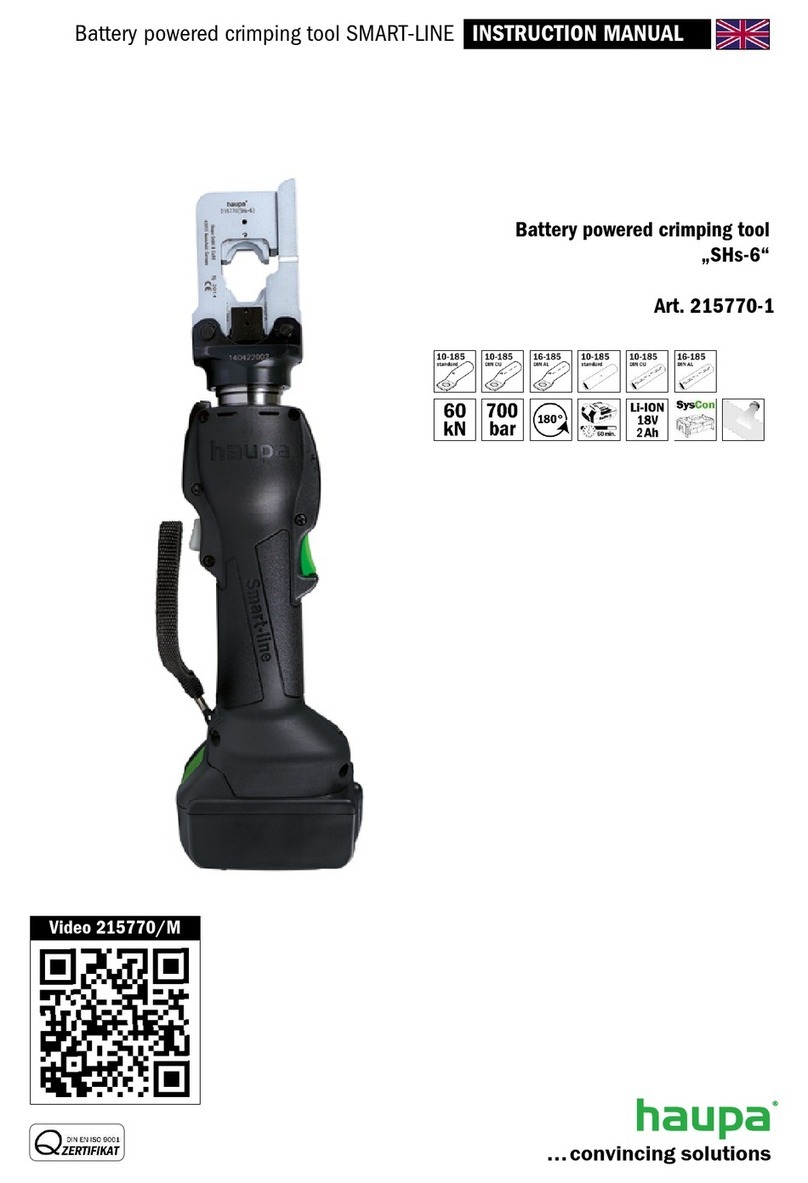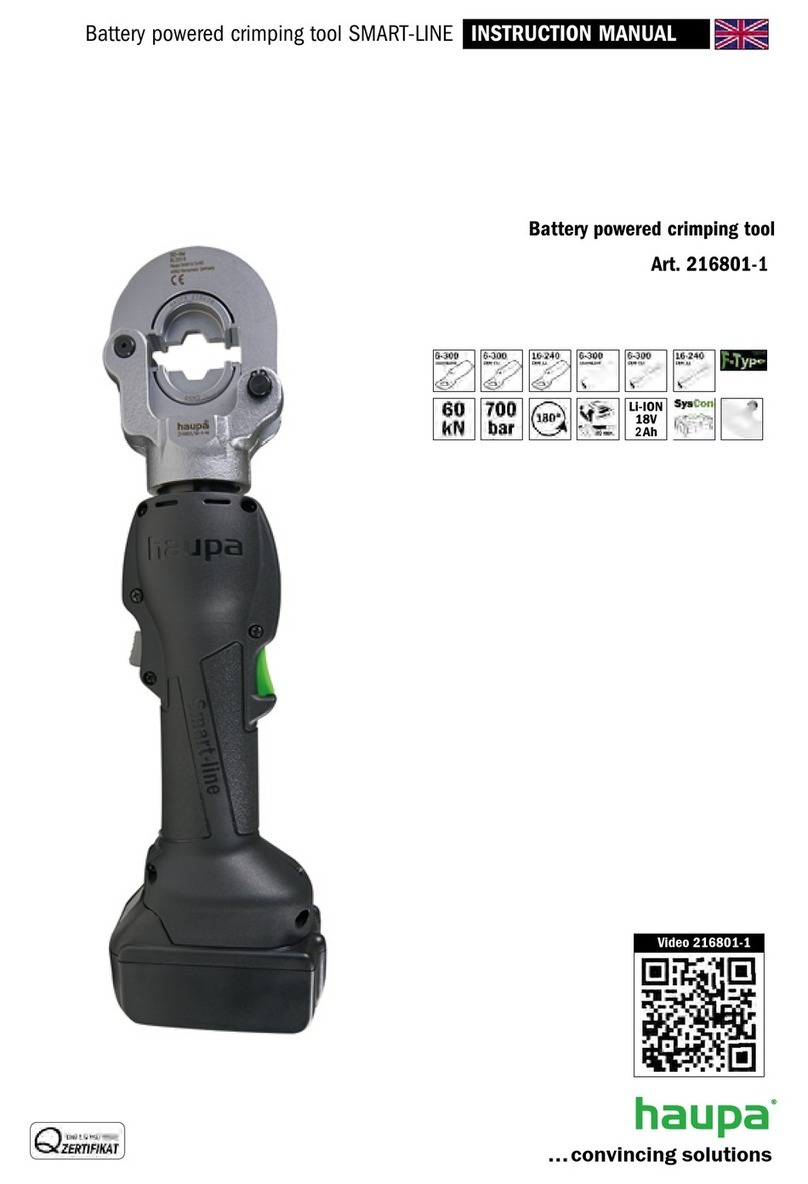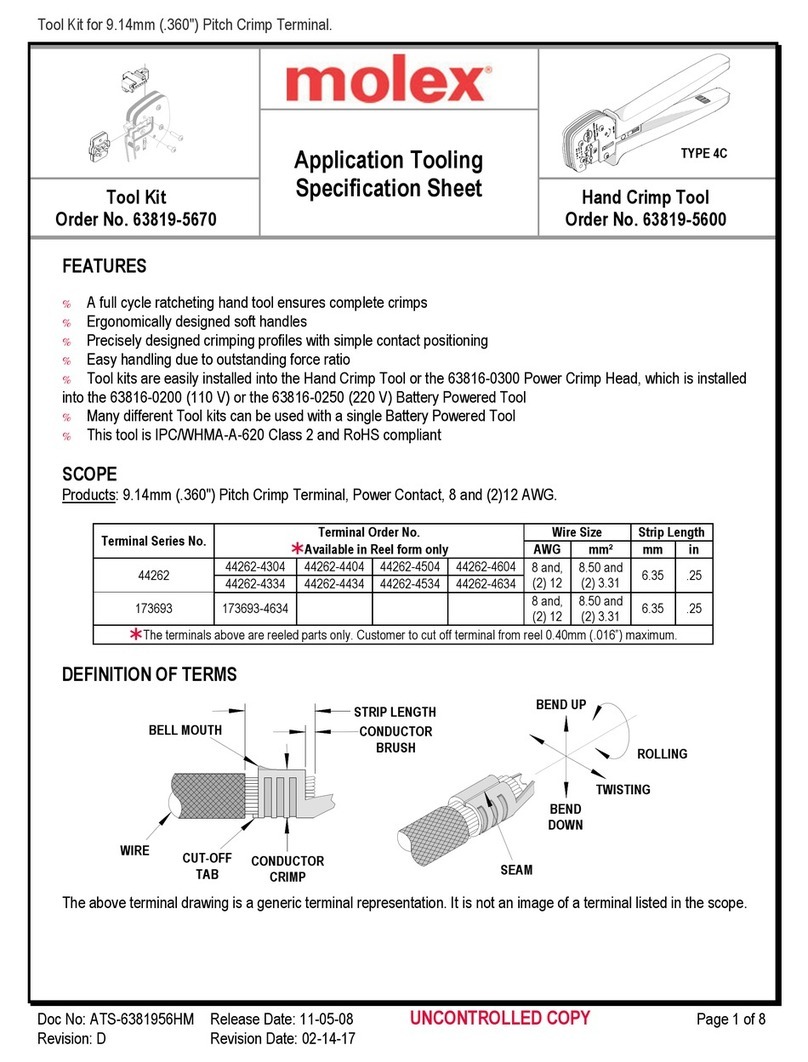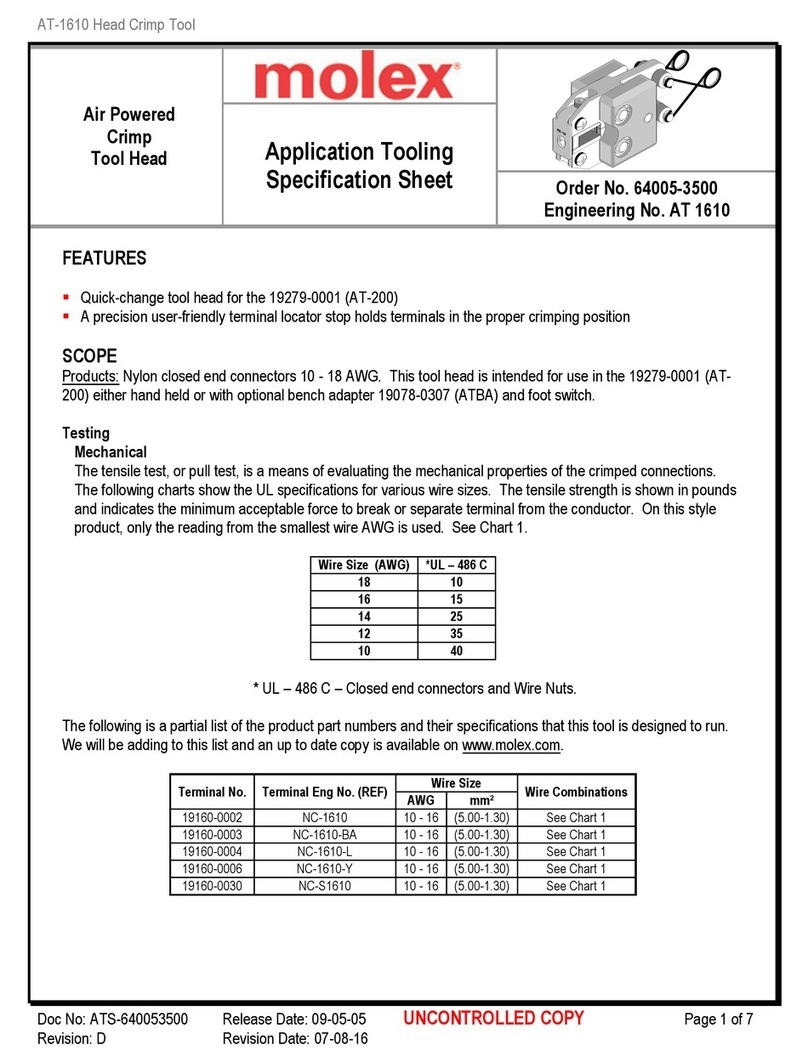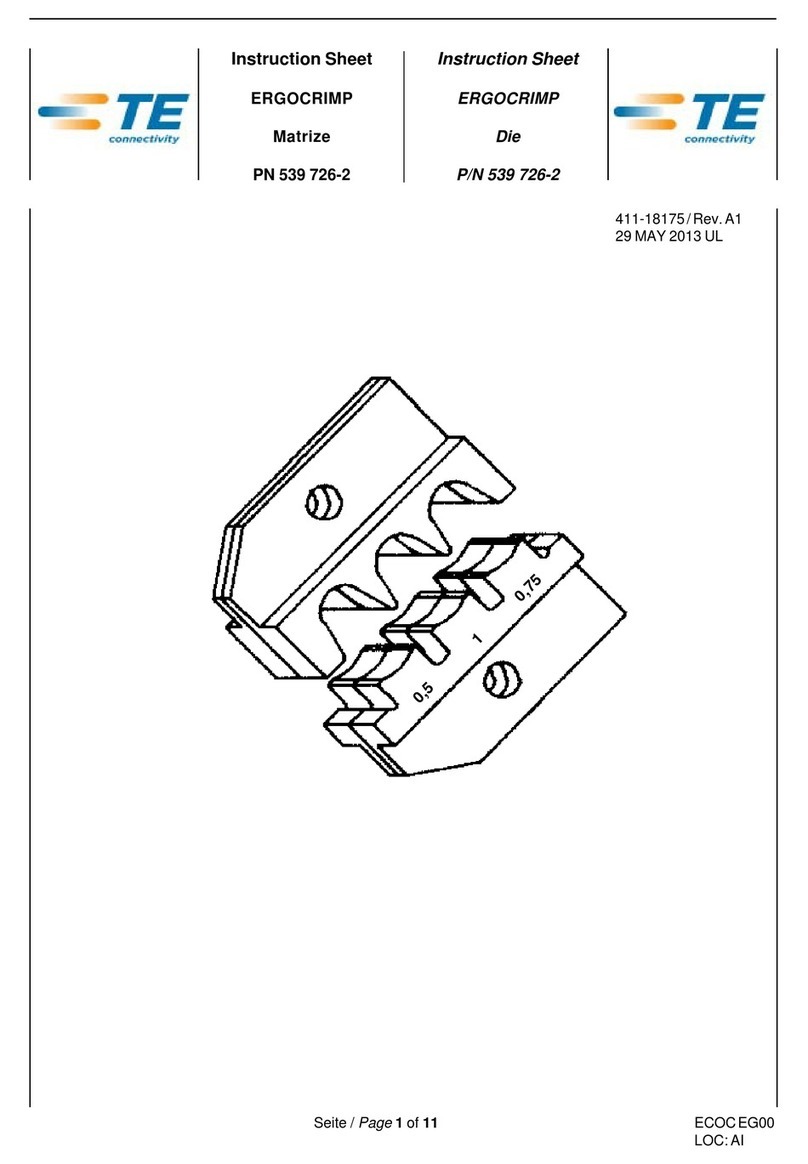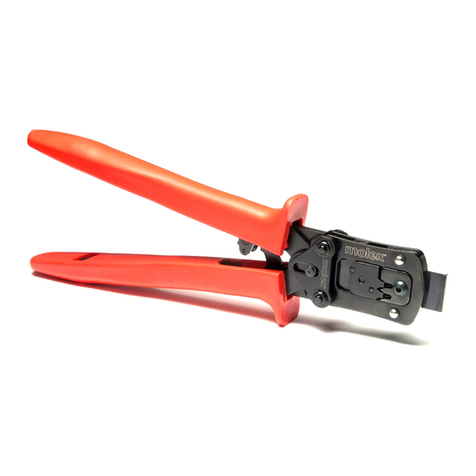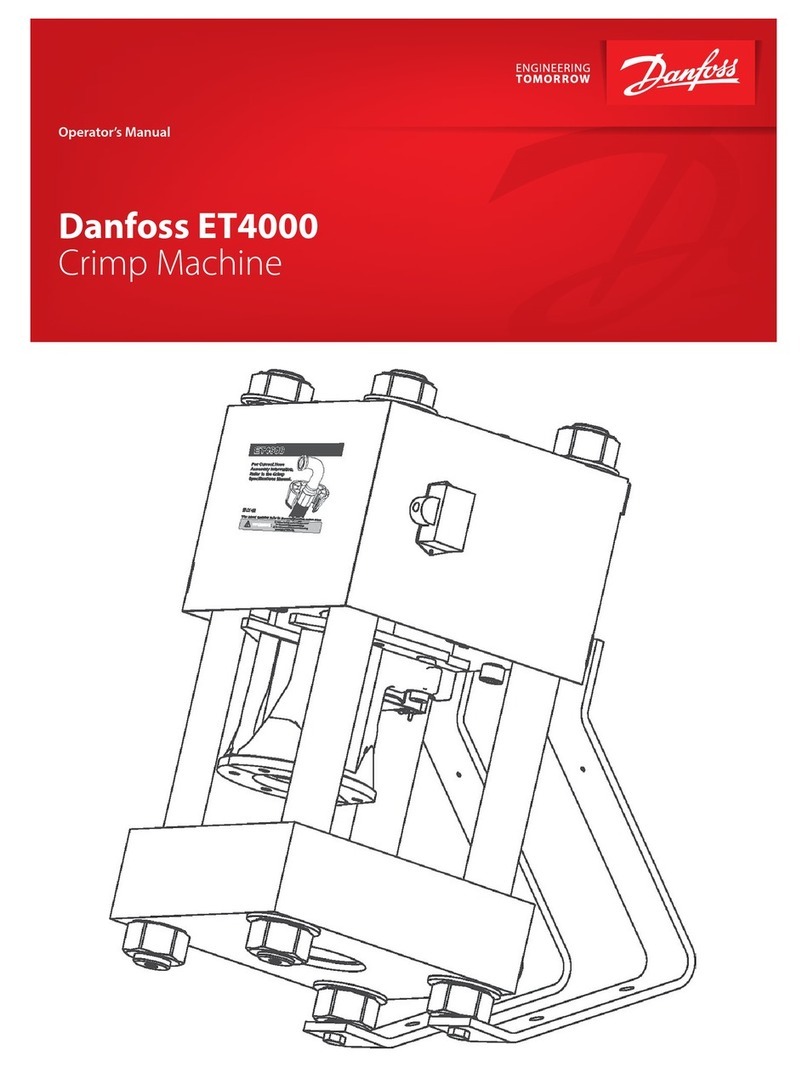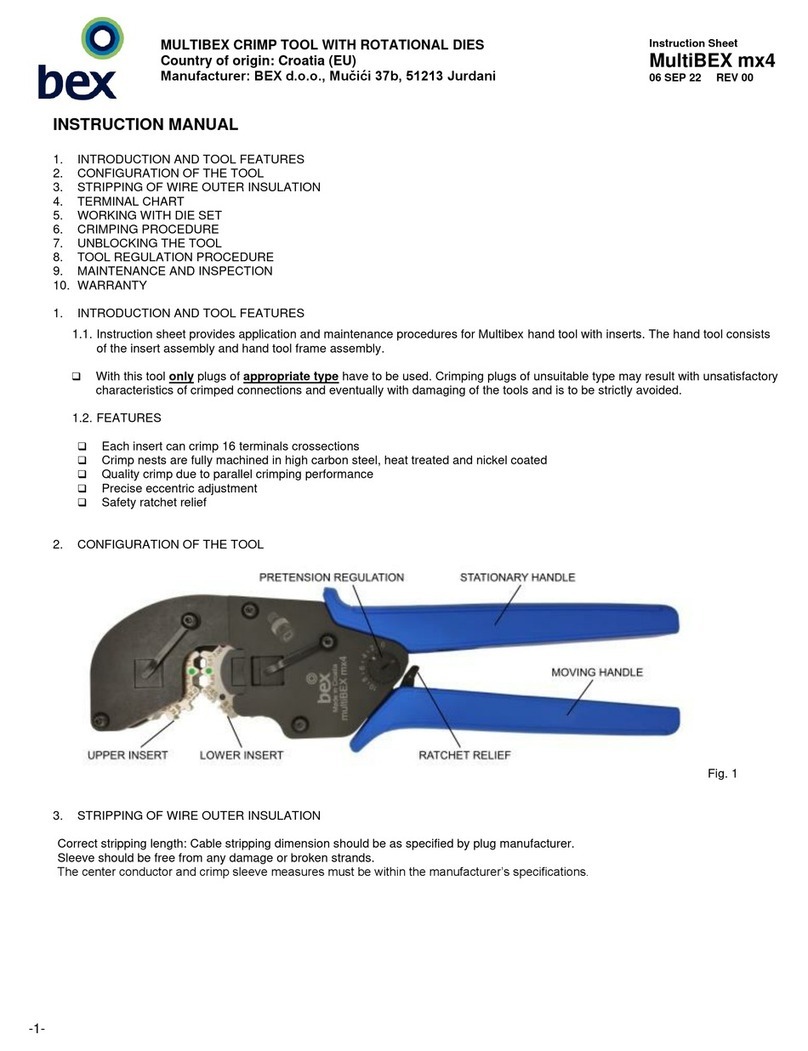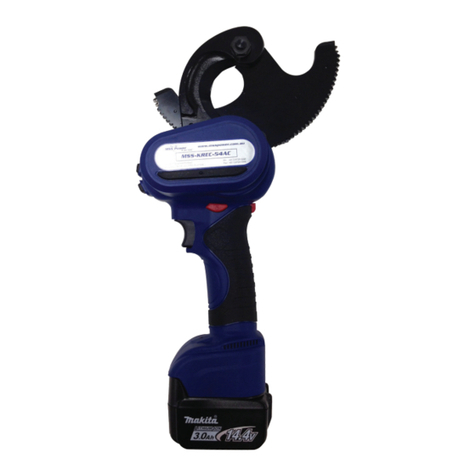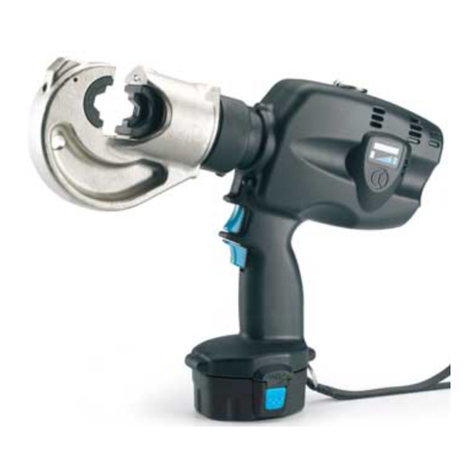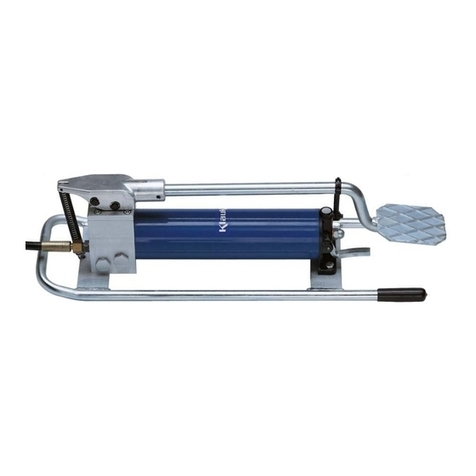5. Care and maintenance
5.1. CLEANING
Careful cleaning of the tool, in particular, the moving parts contributes towards a longer useful life.
Remember that dust, sand, environmental influences, in particular a high salt index, and dirt in
general are extremely damaging to hydraulic tools.
Particular care should be taken when cleaning the pump drive piston and the piston. The tiniest of
contaminations may scratch the walls of the cylinder and damage the leak-proof seals.
For the correct cleaning of the piston, we recommend extending the piston and then cleaning it with
a high-quality, non-corrosive solution.
5.2. STORAGE
To prevent damage to the tool as a result of bumps, dust etc. you should if possible store the tools
in the carry bag in a warehouse.
5.3. CHECKING THE OIL LEVEL
The oil level in the tank should be checked at regular intervals, in particular, when it has been used
for a long time and topped up whenever necessary.
• Refilling or filling with oil
• Use only the oil name in section 1 or purchase from the HAUPA service centre (Art. 216254).
• Never use old oil.
• The oil must be clean and may not contain contamination.
• Hold the tool upright, move the piston back as far as it will go, press the release button until the
piston stops on the return journey.
• Hold the upper section of the tank with one hand and with the other hand remove the
connection thread.
• Fill the container to the top. The oil must be distributed throughout the entire container, so that it
is impossible for air to enter into the circuit.
• Move the piston forwards using the pump and check for perfect functionality.
5.4. WARNING NOTES!
Guarantee:
2 year guarantee when used for the purpose it is intended when the annual maintenance intervals
are maintained by an authorised HAUPA service centre. We reserve the right to rework the product.
Disposal:
Individual components must be disposed off separately.
The oil must be drained and disposed of at the designated points.
Caution:
Hydraulic oils represent a risk to the groundwater. Uncontrolled drainage or incorrect disposal carries
penalties. (Environmental Liability Law)
The remaining components of the aggregate must be disposed in accordance with the relevant envi-
ronmental standards.
The disposal should be carried out by authorised specialist companies. The free return to the manu-
facturer cannot be guaranteed.
